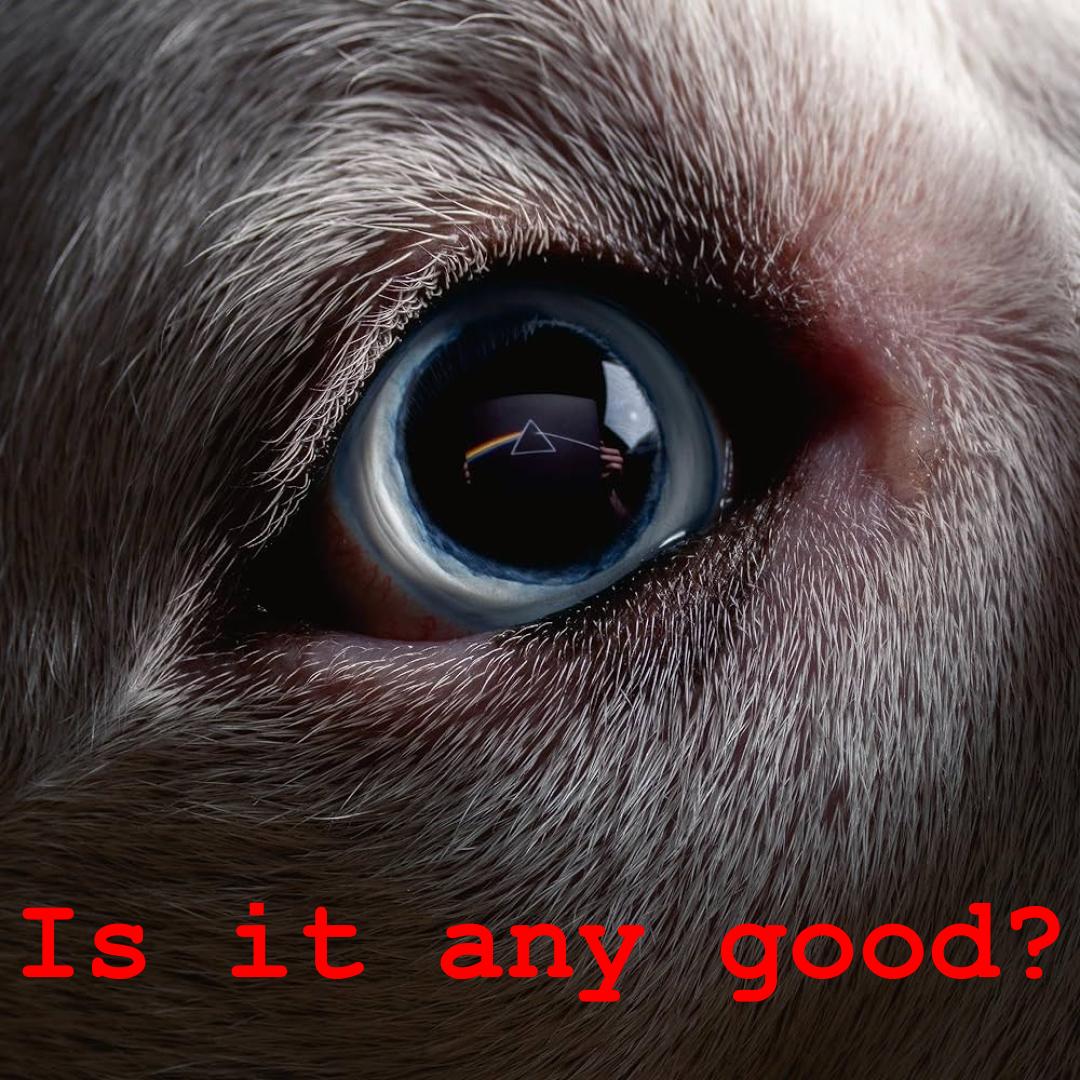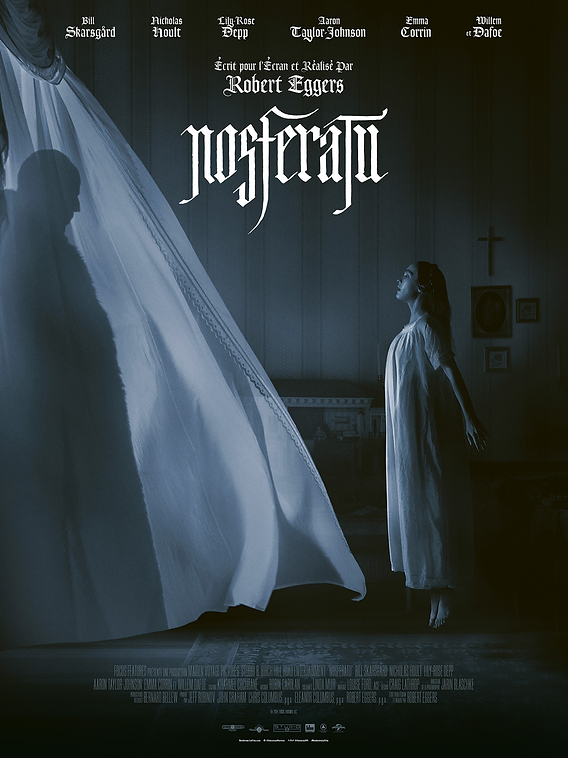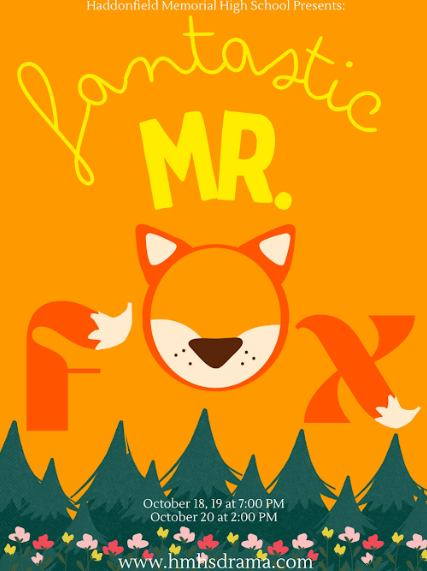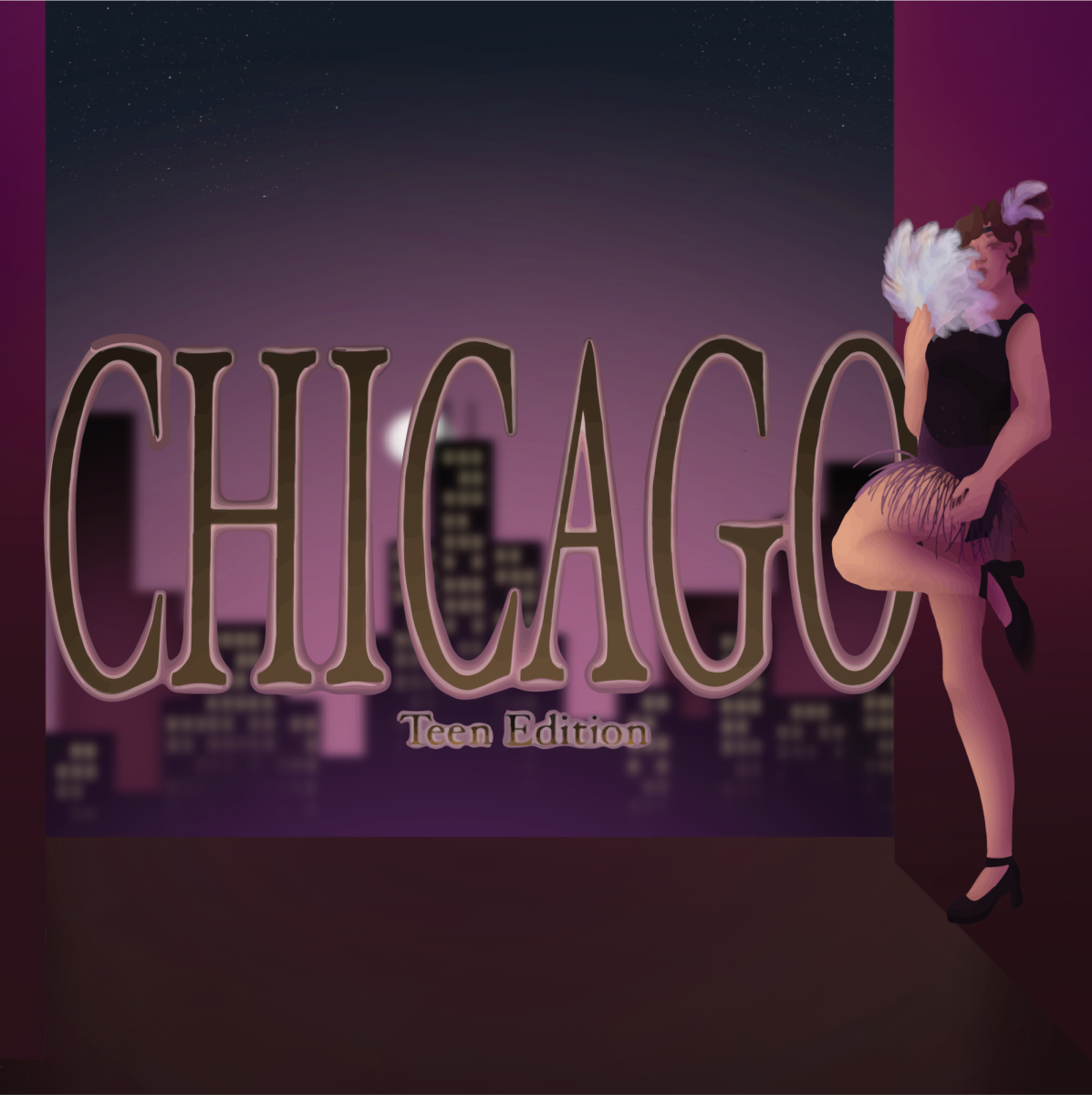This is part two of my coverage of The Dark Side of the Moon Redux by Roger Waters. The first article, entitled “The Story Behind The Dark Side of the Moon Redux,” breaks down the context surrounding this album, and it explains why Roger Waters remade this album in the first place.
Going into this album, my expectations weren’t exactly high. I dreaded listening to it for the longest time, because I knew Roger Waters removed any and all contributions from the other band members. Nick Mason’s simple-but-effective drumming, David Gilmour’s legendary guitar solos, and Richard Wright’s gorgeous keyboard work have all vanished on Redux. The instrumentals on this version are completely different from its predecessor. I knew, however, that I had to just suck it up and listen to this record, and to do so with an open mind. There’s one key difference about Redux that’s evident the moment you start it: the spoken-word vocals. Waters sings the original lyrics just like the band did on the original, but there are a multitude of instances of him reciting—not singing—original poetry on top of the instrumentals. This isn’t a bad thing in theory; I have absolutely nothing wrong with spoken-word music. Hell, Spiderland by Slint is one of my favorite albums of all time. It’s just that the spoken-word segments, of which there are many, add nothing to this album. If anything, they make it worse. Way worse. Take “On the Run” for instance. The song is about how the grind of modern life feels so exhausting. We’re always rushing around, always late for something, and always expected to keep moving no matter what. The original version works so well because of its lack of lyrics. It expresses its theme solely through its soundscape: Nick Mason’s frantic 16th notes on the hi-hat, that iconic synthesizer ostinato, the various sound effects, etc. This song is a canvas on which the listener can paint their own mental picture of what this song means to them. Its beauty lies in its simplicity; it says so much despite not actually saying anything outright. The Redux version completely spits in the face of this. This new version sees Roger Waters go on and on about some stupid dream he had, like anyone would care. The original version worked so well because it was universal. Everyone who listened could project their own experiences onto it. Not this version, though. The poetry on “Money” also sucks. Waters stated that it was a poem he wrote about ten years prior entitled “The Heavyweight.” This poem should’ve never seen the light of day. It starts with Waters saying “Welcome to hell,” followed by, “Sorry, I’ll read that again. Welcome to rooftops.” He does this like 5 times in a row, just with a different word at the end. “Sorry, I’ll read that again.” “Sorry, I’ll read that again.” “Sorry, I’ll read that again.” “Sorry, I’ll read that again.” It’s so annoying. He then goes on about some sort of boxing match, during which the heavyweight in question, “breaks wind out loud.” The song ends with an eye-roll-worthy moment. After Waters sings the last lyric, “…they’re giving none away,” this guy asks, “How much are ya givin’ away?” Waters replies, “Uhhh… none. Ha ha ha…. Nothin’” That’s not the only moment that makes me cringe: “Brain Damage” opens with Waters saying “Why don’t we re-record Dark Side of the Moon?” before breaking into laughter and remarking, “He’s gone mad.”
The music on Redux is so mediocre. I barely have anything to say about it because it’s so unimpressive. I kinda liked the atmospheric organs and the pretty string arrangements that occasionally show up, but that’s pretty much the only good thing I have to say about this album’s music. The original record was a roller coaster of emotions. It perfectly contrasted these grand, stunning crescendos against slow, subdued, introspective moments. Conversely, Redux has virtually no dynamics. It’s all slow and down-tempo. It’s a drudgery, homogeneous soup of lethargy. It puts me to sleep every time I listen to it; I find myself practically fighting for my life to stay awake for its entire runtime. The remake of “Time” is a microcosm of everything wrong with this record from a musical standpoint. David Gilmour’s legendary guitar solo is nowhere to be found, as is pretty much everything that made the original song so impactful. This re-recorded version is an empty, shallow husk of its former self. Pretty much the whole album is like that: Claire Tory’s otherworldly vocals on “The Great Gig in the Sky” are replaced with some random guy humming. The original version of “Us and Them” has a breathtaking, tear-inducing chorus, which, on this version, is so dull that it leaves no impact. Then there’s “Money:” perhaps the worst offender of them all. The original song is densely packed with all of this phenomenal instrumentation: Richard Wright’s jaunty, staccato keyboard work, David Gilmour’s exhilarating solos, and that iconic sax solo. The Redux version of this track is a barren wasteland. It’s pretty much just the bassline along with a dull, plodding drum beat that just sluggishly trudges along for 7 excruciating minutes. The Dark Side of the Moon Redux isn’t an improvement on the original—not in the slightest. It’s some sort of horrible parody of it. This album’s only upside is that it made me appreciate the original more. I’m so glad that after writing this review, I’ll never have to listen to this insult of an album ever again.










